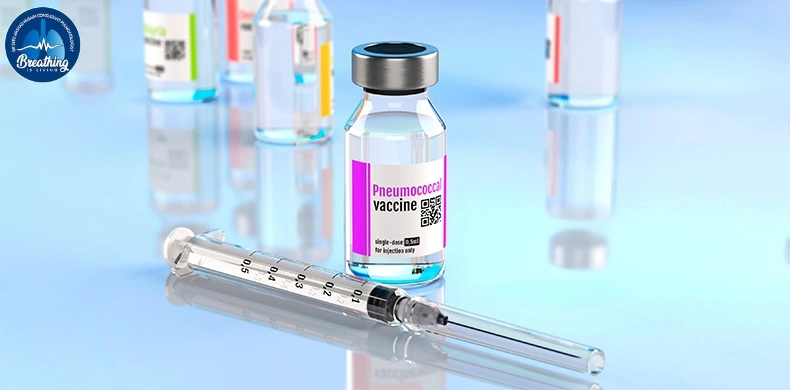Pneumonia is a quite serious lung infection that can affect a person�s body, and maybe you are not aware, but sometimes pneumonia can be a major reason for severe illness and even cause death if it isn�t treated at the right time. Especially among vulnerable populations such as young children, older adults, and those with weakened immune systems. But real, thanks to advancements in medicine, now we have the pneumonia vaccine, which is an effective way to prevent the disease. This blog will guide you through everything you need to know about the pneumonia vaccine, from what it is, how it works, who needs it, and its importance in public health.
What Is Pneumonia?
Pneumonia, one of the most serious infections that inflames the air sacs in one or both lungs, commonly occurs when filled with fluid or pus inside the lungs. This condition can usually cause coughing, fever, difficulty breathing, and other symptoms.
- Caused by Bacteria, viruses, or fungi.
- Most common in the very young, elderly, and those with pre-existing health conditions.
- Can be life-threatening if not treated promptly.
Understanding pneumonia�s severity is crucial, as prevention through vaccination is one of the best ways to protect against this illness.
1. What Is the Pneumonia Vaccine?
The pneumonia vaccine, also known as the pneumococcal vaccine, protects against Streptococcus pneumoniae, the most common bacterial cause of pneumonia.
Types of Pneumonia Vaccines
- PCV13 (Pneumococcal Conjugate Vaccine): This PCV13 helps protect against 13 different types of pneumococcal bacteria.
- PPSV23 (Pneumococcal Polysaccharide Vaccine): Covers 23 types of pneumococcal bacteria.
Both vaccines are essential in preventing pneumonia, particularly in those at higher risk.
2. How Does the Pneumonia Vaccine Work?
The pneumonia vaccine works by stimulating your immune system to produce antibodies against the bacteria that cause pneumonia.
- Boosts immunity by mimicking the infection.
- Prepares the body to fight off the bacteria if exposed.
- Minimize the severity of the disease if contracted.
The vaccine trains your immune system to recognize and combat the bacteria, providing protection against future infections.
3. Who Should Get the Pneumonia Vaccine?
While pneumonia can affect anyone, certain groups are more at risk and should prioritize getting vaccinated.
Recommended Groups for Vaccination:
- Children under 5 years of age: High risk due to developing immune systems.
- Adults 65 years and older: Vulnerable to complications.
- People with chronic conditions: Such as heart disease, diabetes, or respiratory issues.
- Immunocompromised individuals: Those with weakened immune systems, such as cancer patients or those living with HIV.
- Smokers and alcoholics: At increased risk due to weakened lung function.
Consult with a healthcare provider to determine the appropriate vaccination schedule for you or your loved ones.
4. When Should You Get the Pneumonia Vaccine?
Timing is crucial for the pneumonia vaccine, especially for those in high-risk categories.
- Children: Typically receive the PCV13 vaccine at 2, 4, 6, and 12-15 months of age.
- Adults 65+: Should receive both the PCV13 and PPSV23 vaccines, with one year between doses.
- At-Risk Adults: May need the vaccine earlier or require a booster shot.
Following the recommended vaccination schedule ensures maximum protection against pneumonia.
5. Are There Any Side Effects of the Pneumonia Vaccine?
Like all vaccines, the pneumonia vaccine may cause some common side effects, but they are generally mild and temporary, and generally resolve on their own.
Common Side Effects:
- Pain or swelling at the injection site.
- Mild fever or fatigue.
- Headache or muscle pain.
6. The Importance of the Pneumonia Vaccine in Public Health
The pneumonia vaccine is not just a personal health measure; it also plays a crucial role in protecting public health.
Benefits of Vaccination:
- Reduces the spread of pneumonia-causing bacteria in the community.
- Protects vulnerable populations through herd immunity.
- Decreases the overall burden on healthcare systems.
Vaccination helps prevent outbreaks and protects those who cannot be vaccinated due to medical reasons.
7. How to Get the Pneumonia Vaccine
Getting vaccinated is simple and accessible. Here�s how you can get your pneumonia vaccine:
- Visit Your Healthcare Provider: Discuss your need for the vaccine with your doctor.
- Check with Local Pharmacies: Many pharmacies offer pneumonia vaccines without an appointment.
- Community Health Clinics: Some clinics provide vaccines at reduced costs or even for free.
Ensuring you�re vaccinated is a key step in protecting yourself and your community from pneumonia.
Point of View From Expert Pulmonologist in Dubai
Prof. Dr. Syed Arshad Husain on the Lifesaving Power of the Pneumonia Vaccine
�Vaccination is quite an important aspect in the prevention of pneumonia, especially in vulnerable populations. It�s not just about protecting yourself; it�s about creating a shield for your community. The pneumonia vaccine is safe, effective, and a must-have for those at risk. Don�t overlook this vital protection.�
Conclusion
Getting the pneumonia vaccine is a simple yet powerful step toward safeguarding your health. By staying informed and proactive, you protect yourself and those around you from serious illness. Embrace this opportunity to prioritize your well-being�talk to expert pulmonologist in Dubai like Prof. Dr. Syed Arshad Husain, today and take charge of your healthier tomorrow.



